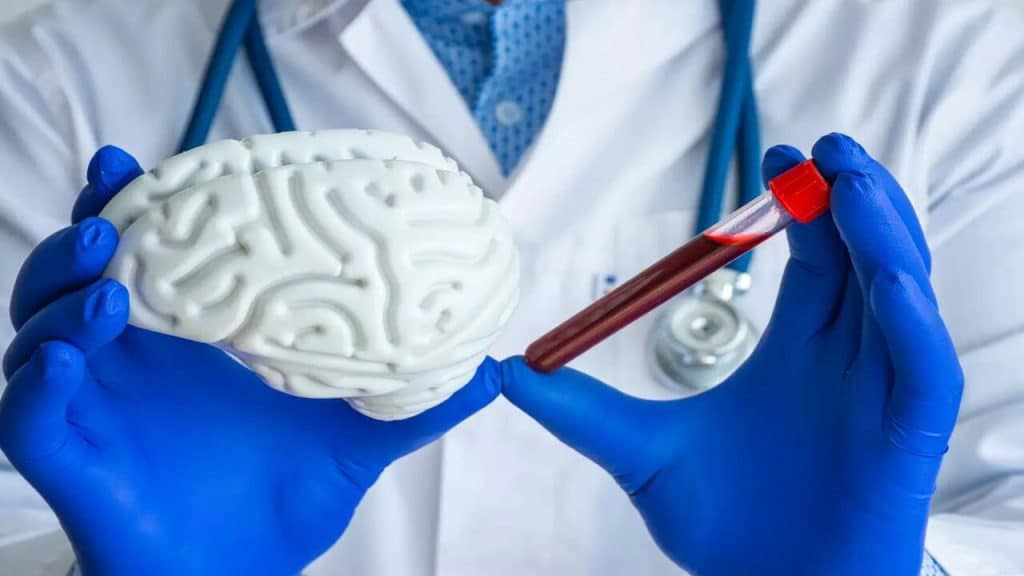When it comes to diagnoses that fill your heart with dread, Parkinson’s has to be high on the list. Not only does it have a devastating effect on the brain and body, but there’s no cure. Treatment focuses on management, which is a lot easier with early intervention. First, however, you need a way to diagnose the disease before symptoms progress (https://longevity.technology/news/new-blood-test-detects-key-indicator-of-parkinsons-disease/).
Parkinson’s is a neurodegenerative disease, which means it involves a progressive loss of function in the brain. It’s second only to Alzheimer’s in its frequency. People with Parkinson’s may move slower and struggle to walk. Some will have tremors or find their muscles becoming stiff or rigid. Other symptoms may include changes to mood, memory and cognition, or alterations in your sleep patterns and how your senses work, particularly your sense of smell.
Over the long term, symptoms will worsen. Falls and injuries are common, and cognitive problems can develop into full-blown psychosis or dementia. It becomes much harder to preserve someone’s quality of life. That’s why it’s important to diagnose it early, so you can take steps to slow the disease’s progression and alleviate its symptoms. The problem is that by the time you can see visible signs of Parkinson’s, the degeneration in your brain is already well underway. Plus, it’s easy to confuse early symptoms, like tremors, with other conditions.
Neuroscientists from Duke Health, with support from the Michael J. Fox Foundation (founded by and named for the actor who is perhaps the world’s most famous Parkinson’s patient) wanted to develop a test that could identify Parkinson’s before the clinical signs became apparent. To do this, they focused on one specific element of Parkinson’s, the presence of mitochondrial dysfunction.
Mitochondria help power cells, ensuring they have the energy they need to function normally and fix any problems. They also have their own DNA. Studies have suggested that damage to mitochondrial DNA can be associated with an increased risk of Parkinson’s. The Duke scientists performed a blood test using a polymerase chain reaction. This supported the idea that people with Parkinson’s had more damaged mitochondrial DNA and that damaged mitochondrial DNA could be associated with a mutated gene called LRRK2.
This doesn’t just mean that an early Parkinson’s diagnosis could be possible with a blood test. It also provides an opportunity to develop new therapies that target the LRRK2 mutation.




